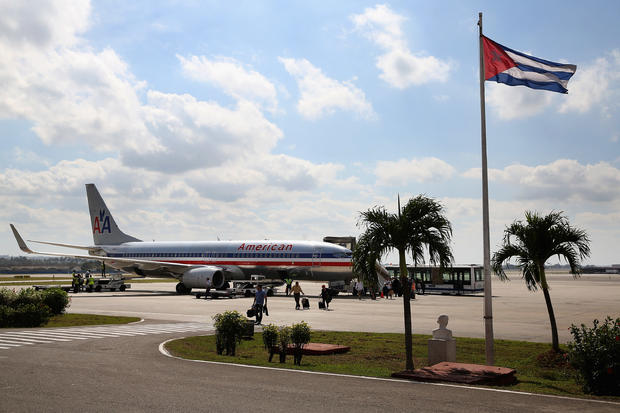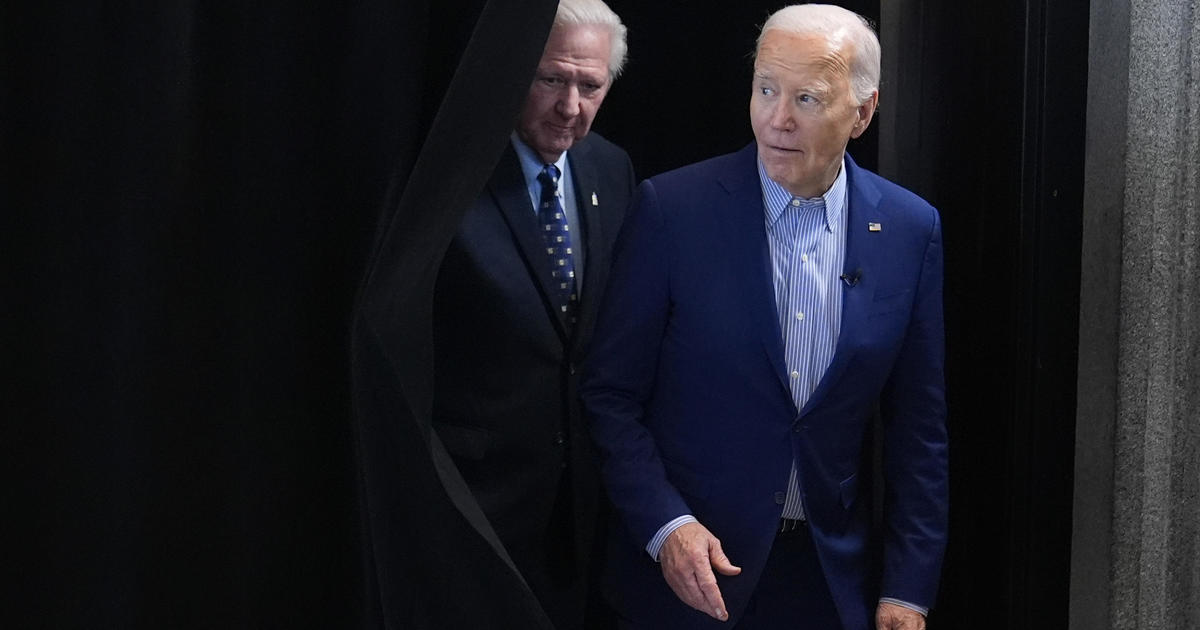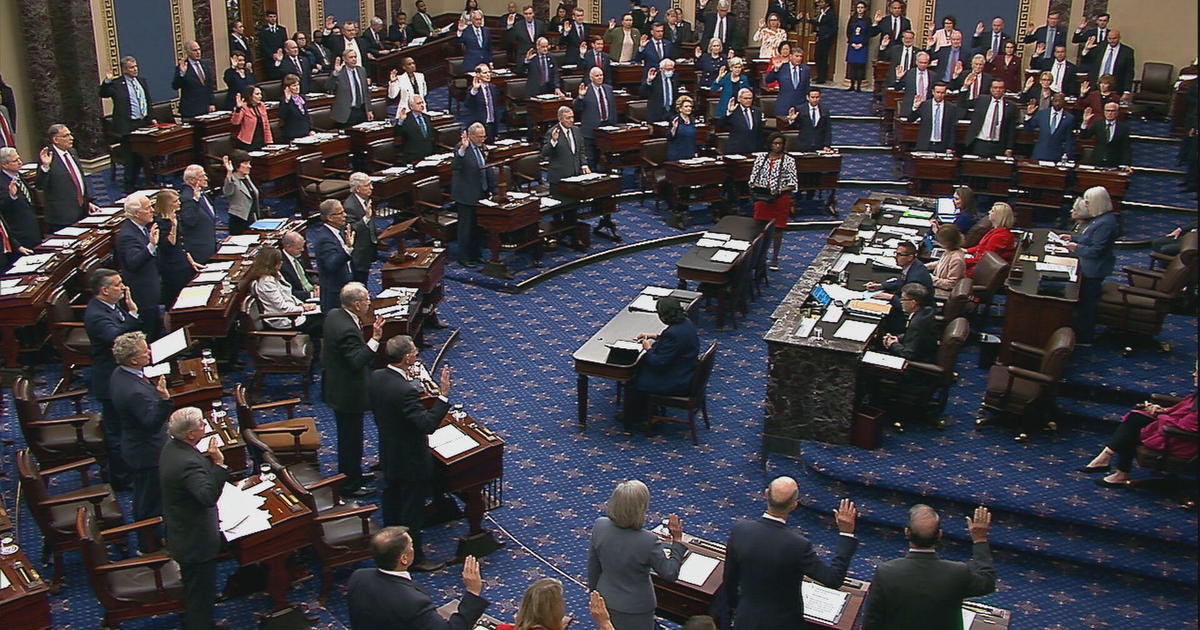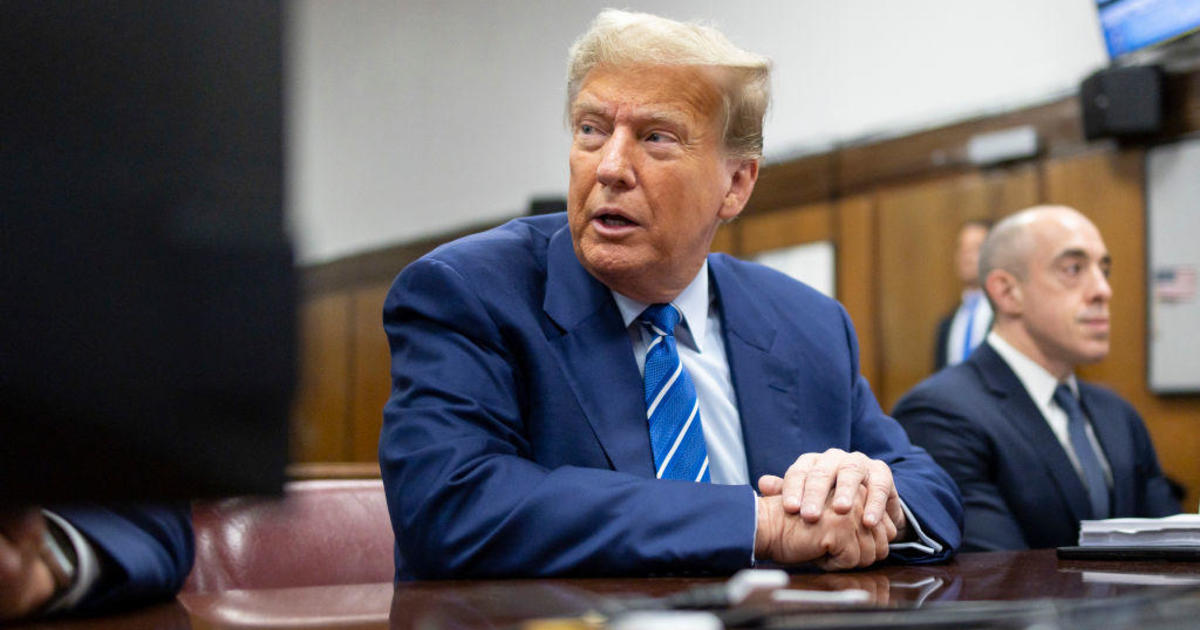Biden administration to expand flights and consular services in Cuba, official says
The Biden administration is expanding flights to Cuba, expanding consular services there and relaunching family reunification programs, a bid to return U.S. engagement with the island nation closer to how it was during the Obama era.
In a series of announcements on Monday evening, the U.S. announced plans to end a $1,000 per quarter cap on remittances to Cubans while working to ensure such payments don't reach "those who perpetrate human rights abuses," according to a fact sheet provided by the White House.
The new policies reverse Trump-era restrictions on family remittance and travel to the island, but no entities will be removed from the Cuba Restricted List that blocks certain state actors from receiving American funds. The administration plans to work with electronic payment companies to bypass sanctioned Cuban financial institutions.
Former President Barack Obama restored diplomatic relations with Cuba in 2015, and even visited the country in 2016. Removing Cuba from the restricted list had been endorsed by Mr. Biden while he was vice president.
But in the final days of the Trump administration, former President Donald Trump re-designated Cuba as a "state sponsor of terrorism," and slapped new sanctions on the country.
The Cuban government on Monday night called the new measures "positive but of a very limited scope."
"These announcements in no way modify the blockade or the main measures of economic siege adopted by Trump, such as the lists of Cuban entities subject to additional coercive measures; nor do they eliminate traveling restrictions for U.S. citizens," the Cuban government said.
A senior Biden administration official on a National Security Council background call on Cuba detailed the measures that will be put in place, and also said the actions going forward are expected to combat large-scale protests in Cuba that took place last year.
The official said the policies will support the Cuban community. The first is to promote accountability for human rights abuses, which the administration has announced several rounds of sanctions targeting those individuals and entities with direct ties to human rights abuses. The second policy will prioritize and facilitate the export of privately sourced or donated goods to the Cuban people, focusing specifically on agricultural medical exports.
Sen. Robert Menendez, the chair of the Senate Foreign Relations Committee, and the most senior Cuban-American member of Congress, issued a lengthy statement Monday night slamming the new Cuba policy, calling it the "wrong message to the wrong people, at the wrong time and for all the wrong reasons."
Sen. Marco Rubio, who is also Cuban-American and the top Republican on the foreign relations panel and another outspoken critic of the Cuban government, also blasted the decision on Twitter: "The regime in #Cuba threatened Biden with mass migration and have sympathizers inside the administration and the result is today we see the first steps back to the failed Obama policies on Cuba."
The U.S. is set to host the ninth Summit of the Americas early next month in Los Angeles, and several Latin American leaders have said they would not attend unless Cuba, Venezuela and Nicaragua are invited. On Monday, administration officials told reporters that no formal invitations have been sent yet for the meetings.





